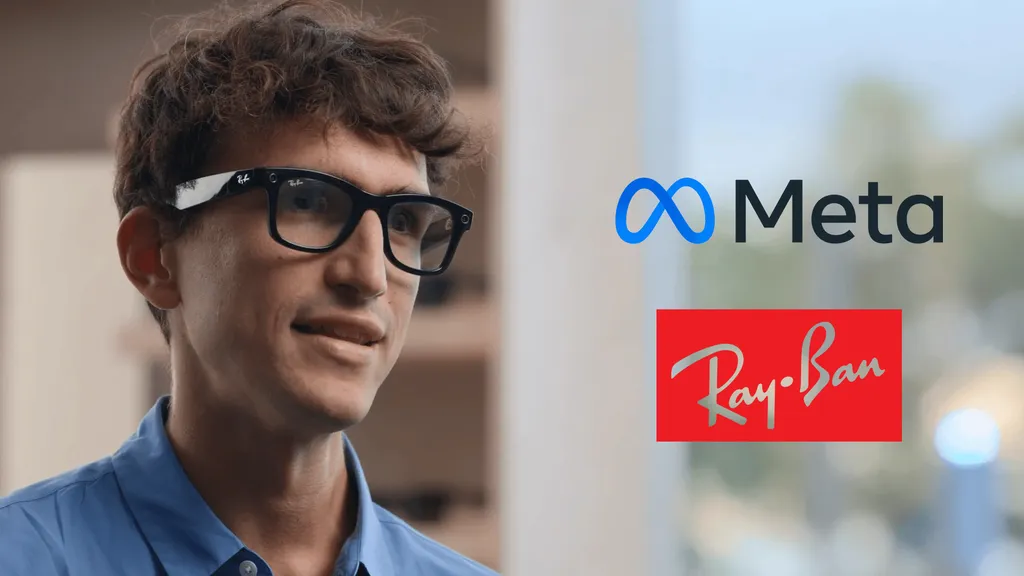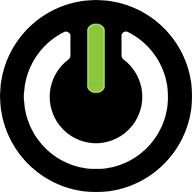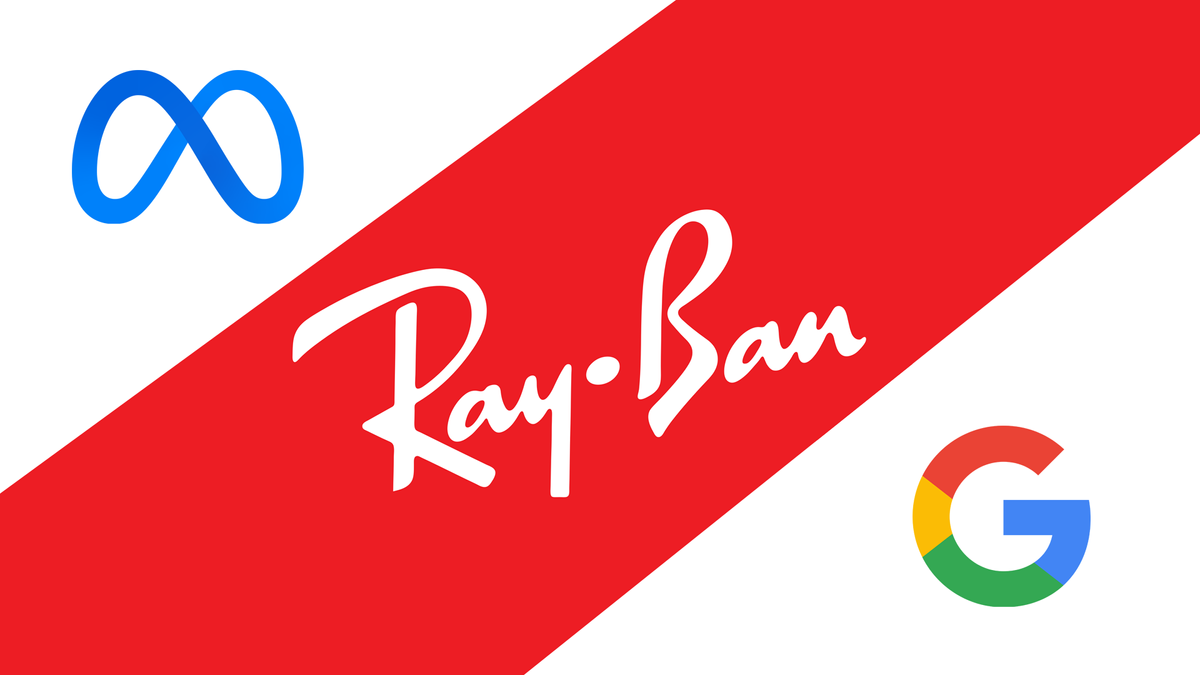Meta and EssilorLuxottica have signed an agreement extending their partnership “into the next decade” to develop “multi-generational smart eyewear products”.
EssilorLuxottica has a near monopoly on the eyewear market worldwide, and its brands like Ray-Ban and Oakley are among the most recognizable on the planet.
“I’m proud of the work we’ve done with EssilorLuxottica so far, and I’m excited about our long term roadmap ahead. We have the opportunity to turn glasses into the next major technology platform, and make it fashionable in the process”, Mark Zuckerberg said.
Google was reportedly in talks with EssilorLuxottica earlier this year with the aim of stealing the partnership for their own Gemini AI glasses, but it seems EssilorLuxottica has decided to stick with Meta.
The Ray-Ban Meta glasses are likely by far the highest selling smart glasses ever, and Meta executives have said on multiple occasions that the company is selling them as fast as it can make them.
But The Information recently reported that Meta’s upcoming smart glasses with a heads-up display (HUD), expected to launch in 2025, won’t be Ray-Ban branded because EssilorLuxottica “balked” at the thickness of the design needed to house the display system. Less than a week later, The Financial Times and Wall Street Journal reported that Meta is exploring taking a 5% stake in EssilorLuxottica, which could help it wield influence in the company's decision-making on future smart glasses.
Comments from Mark Zuckerberg in interviews and on podcast appearances over the past year suggest Meta will continue to offer smart glasses without a display for a very long time, though, due to the significant potential of the Meta AI assistant powered by the company’s Llama-series of large language models (LLMs). Zuckerberg says he originally expected smart glasses would need a display to be useful, but with LLMs now believes audio-only should continue to exist as a product line of its own.
HUD glasses and AR glasses, then, should arrive as higher end product lines, not replacements for audio-only smart glasses. But it’s unclear whether Meta’s potential investment and new agreement with EssilorLuxottica will be enough to convince it to brand these bulkier glasses with displays as Ray-Bans, or if it might take years of miniaturization to reach that point. EssilorLuxottica also owns other key brands such as Oakley, which might be more suitable for this in the short-term.
Meta Connect is taking place next week, and while the company reportedly isn’t launching a new glasses product this year, it is expected to demo a “prohibitively expensive” integrated prototype of true AR glasses as a North Star towards the kind of product it one day hopes to ship to consumers.































